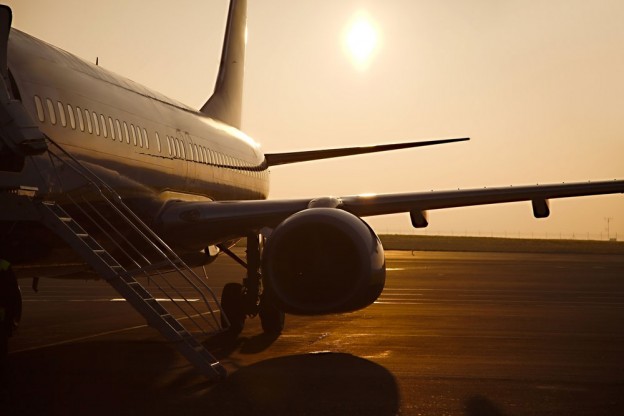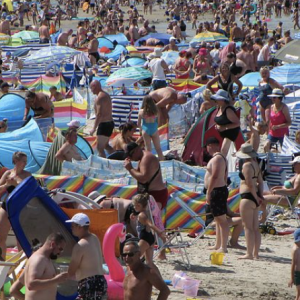Airlines were sent into a state of panic on Friday when the Supreme Court ruled that air passengers will now be allowed to claim compensation up to six years after their flight was delayed.
In a landmark ruling that could cost the airline industry billions in compensation pay outs, passengers can now claim up to £470 if their flight is delayed for more than three hours if the cause of the delay is deemed to be within the carrier’s control.
Passengers can also claim for flights that were delayed up to six years ago. Those making a claim simply need to remember the details of the flight they were on in order to start proceedings to make a claim. There are already several organisations specialising in these kind of cases and offering claimants ‘no win, no fee’ legal help.

Jet2 and Thomson airlines were the first to be stung by this new ruling with passengers who were delayed on flights with these carriers being awarded compensation, even though one of the flights was a whopping eight years ago. Both Thomson and Jet2 argued that the long delays caused by ‘technical faults’ were beyond their control but the Supreme Court ruled that they were at fault and ordered them to pay out.
This decision will undoubtedly affect the price of airline tickets. If budget airlines are handing out millions of pounds in compensation, sometimes far more than the cost of the original airfare, then the price of airline tickets will surely rise to cover their losses.
It is thought that there are thousands of claimants already waiting to start proceedings and with airlines already struggling in today’s economy this is not good news for holidaymakers or airlines who want to keep air travel at affordable levels.
Nathan Stower, chief executive of the British Air Transport Association, said: “Today’s Supreme Court decision is both surprising and disappointing. UK airlines support the principle of passenger protection and always meet their legal obligations.
“However, the rules should be clear, affordable and proportionate for the sake of passengers and airlines. The current system fails those tests and this decision will further increase costs which ultimately are borne by all passengers.”






